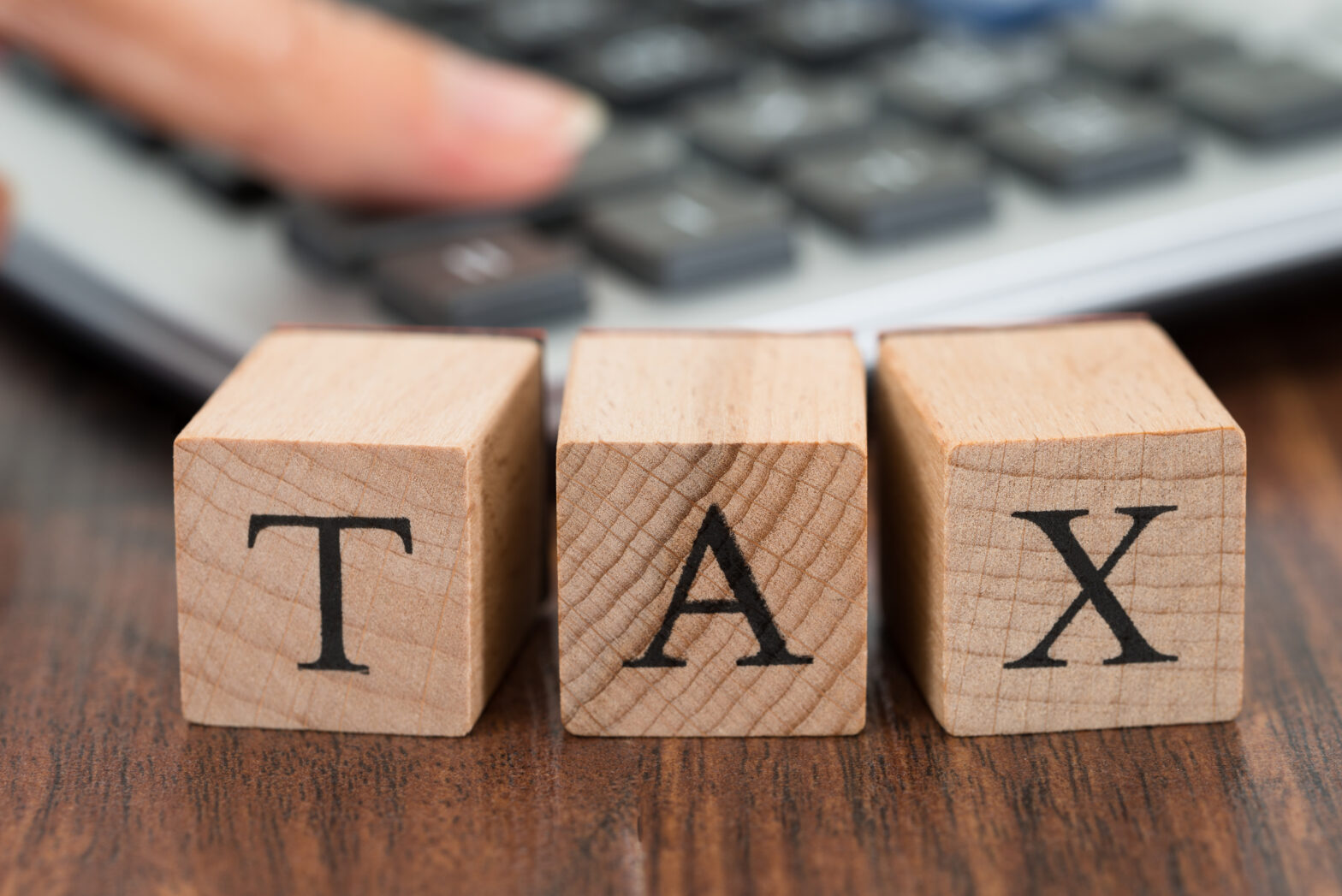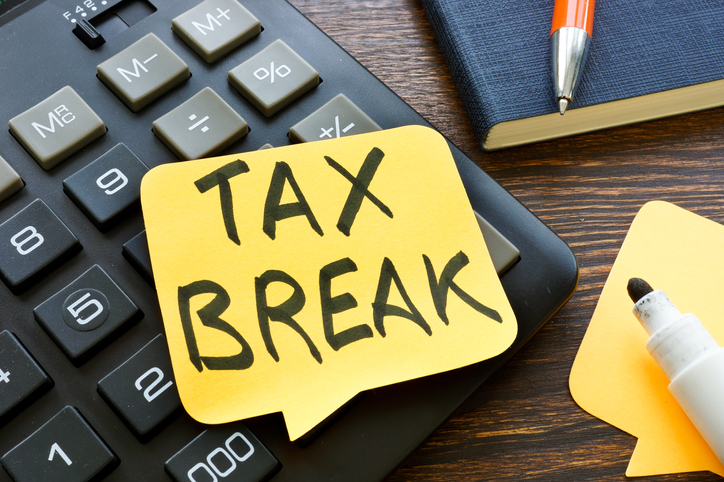Thousands of freelancers could duck out of having to pay any tax if their employer wrongly categorises them as being outside of IR35 tax reforms.
HM Revenue & Customs extended its IR35 tax changes last April, hoping to bring 180,000 private-sector freelancers, mostly IT contractors, within pay-as-you-earn tax (PAYE) and National Insurance.
The tax authority’s gripe was that self-employed contractors using limited companies – and just paying tax on dividends – for all intents and purposes enjoyed the security of full-time employment, while not paying what it saw as their fair share of tax.
>See also: HMRC lays down IR35 compliance principles ahead of the new tax year
However, employers whose decision to classify freelancers as still being outside IR35 since last April could face having to shoulder all of their PAYE and National Insurance contributions, if HMRC successfully challenges them.
This is because when paying freelancers, it is assumed that payments are net of income tax and National Insurance. So employers could face tax bills running into millions – and make them more risk averse than ever to hiring contractors outside of IR35.
Dave Chaplin chief executive of tax compliance company IR35 Shield, told the Financial Times: “We now have this bizarre situation where the whole policy was about getting contractors to pay more tax, and now they could end up paying no tax.”
>See also: One third of freelancers say IR35 changes affecting their mental health
This situation has already cropped up in the public sector, where public bodies have had to pay out £263m to HMRC in taxes in 2020-21.
Meg Hillier, chairman of the House of Commons public accounts committee, told HMRC officials on Monday: “Here is the public sector, the taxpayer, paying £263m to you [HMRC] and then you’ve got private contractors that can be claiming that tax back, so basically having their tax paid by the taxpayer.”
Seb Maley, CEO of contractor insurance firm Qdos, told SmallBusiness: “As made explicitly clear in the NAO’s investigation into IR35 reform, HMRC has no plans to address this issue as things stand. However, given HMRC is actively targeting private sector businesses regarding their IR35 compliance, it’s something that needs resolving very quickly indeed.
“Left unresolved and HMRC will net more tax than it’s actually owed, creating a massive problem when contractors quite rightly start the process of reclaiming the tax they’ve already paid to the Treasury.”
Further reading on IR35
IR35 freelance tax changes will go ahead in April 2021 – are you ready?








